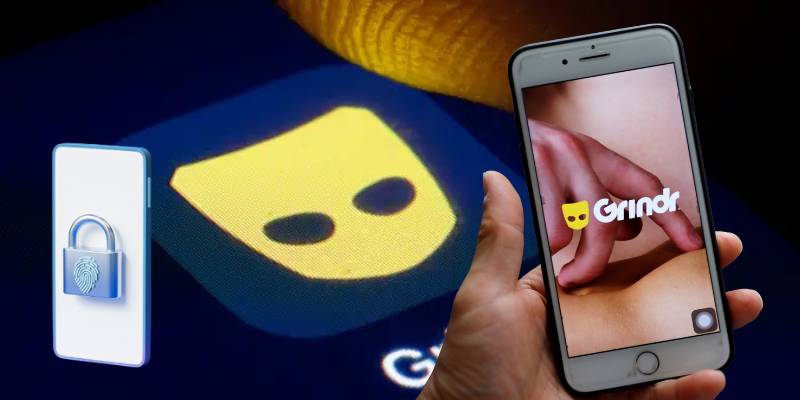
Grindr’s Bold AI Push Sparks Privacy Concerns Among Users
Grindr has rolled out a suite of artificial intelligence tools, with one eyebrow-raising twist: the app plans to train its generative AI, nicknamed “gAI” (pronounced “gay-I”), using personal data from its community.
The announcement, detailed in Them, arrived via a push notification that left many users scrambling to find the opt-out switch in their settings.
To be fair, Grindr isn’t alone in chasing the “AI-native” dream. Tech outlets like Fast Company report that the company’s vision is to embed AI into every layer of its product, architecture, and operations, not just tack on gimmicks.
The roadmap even promises chat summaries for premium users and a feature called “A-List” to resurface old connections.
But here’s the thing — do users really want their late-night swipes fueling machine learning models? That’s where the debate heats up.
The news comes at a time when the app already faces backlash. Many longtime members say the experience is riddled with ads and friction.
As Mashable points out, frustration over monetization tactics has some folks feeling like meaningful connections have been pushed aside in favor of revenue streams.
The rollout of AI features, however glossy they sound in pitch decks, risks worsening that sentiment if transparency isn’t front and center.
And then there’s the broader context. Across the tech industry, critics warn about “enshittification” — the steady erosion of user experience in favor of shareholder value.
A recent recap from Search Engine Roundtable highlights how even giants like Google are reshaping search with AI overlays, sometimes confusing or sidelining users in the process.
It’s not hard to draw parallels: Grindr’s AI leap could either reinvent queer online dating or push people away.
Personally, I can’t help but wonder: if dating apps keep prioritizing algorithmic tricks over organic connection, what’s left of the original magic?
Love, lust, or even just late-night banter — it all thrives on human messiness. Teaching a bot to mimic that might be clever, but it could also be tone-deaf. People want intimacy, not just predictive text.
So, while some may shrug and toggle “opt out” without a second thought, others might see this as a turning point.
The stakes go beyond one app — it’s about how much of ourselves we’re willing to hand over to corporate AI experiments.
Maybe the better question is: who really benefits when our digital desires are used to train machines?





















